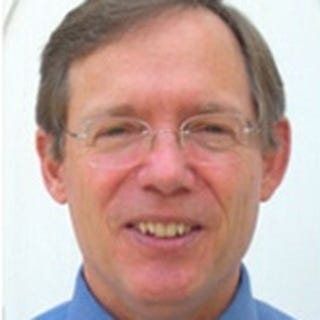
At the Pool of Bethesda (a pool ancient Jews believed had healing powers), when Jesus approached a man who had paralyzed legs, Jesus asked a very important question: “Do you want to be made well?”
If Jesus asked you that question, wouldn’t you want to answer, “Well, DUH! Of course, I want to be healed!”
But the paralytic didn’t answer that way. He didn’t express his desire to be healed. Instead, he gave an excuse as to why he remained in his condition — he blamed other people. “Sir, I have no one to put me into the pool when the water is stirred up.”
The man had lain by the pool every single day for 38 years. He had become accustomed to his paralysis. He made excuses for not being made well. Over those many years, he had grown used to the rhythm of his life of paralysis.
No one really had any expectations of the man. He couldn’t work. Others waited on him hand and foot. The reality of his reply to the question posed by Jesus is he didn’t really believe he could be healed. He had given up hope years ago.
The question asked by Jesus is a very powerful question. And where the emphasis is placed in his question will determine the answer.
“Do you want to be HEALED?” That is a question that asks for the desired outcome — being rid of the ailment or predicament in which you find yourself. The end result is freedom from the illness, the state of mind or heart, that may prevent you from moving forward in your life.
To put the emphasis elsewhere raises an even more important question, “Do you WANT to be healed?” This speaks of desire. It begs further questions like, “Are you willing to put forth the effort needed to make changes?” “Are you willing to let go of your past failures — or the past failures of others — in order to lighten your heart?”
I believe too many people give just lip service when they say they want to let go of past hurts, grudges toward someone, or festering anger. They say they want to change, but that change will mean becoming a new person with a clean heart.
It takes effort. It takes discipline. For some, it is easier to wallow in self–pity.
But, when the effort is made to bring healing, a new wholeness is attained.
How will you respond the question, “Do you want to be made well?”
The Rev. Mark Broadhead is pastor at Laurel Hill Presbyterian Church and First Presbyterian Church of Crestview.
This article originally appeared on Crestview News Bulletin: Healing this way takes effort, discipline
